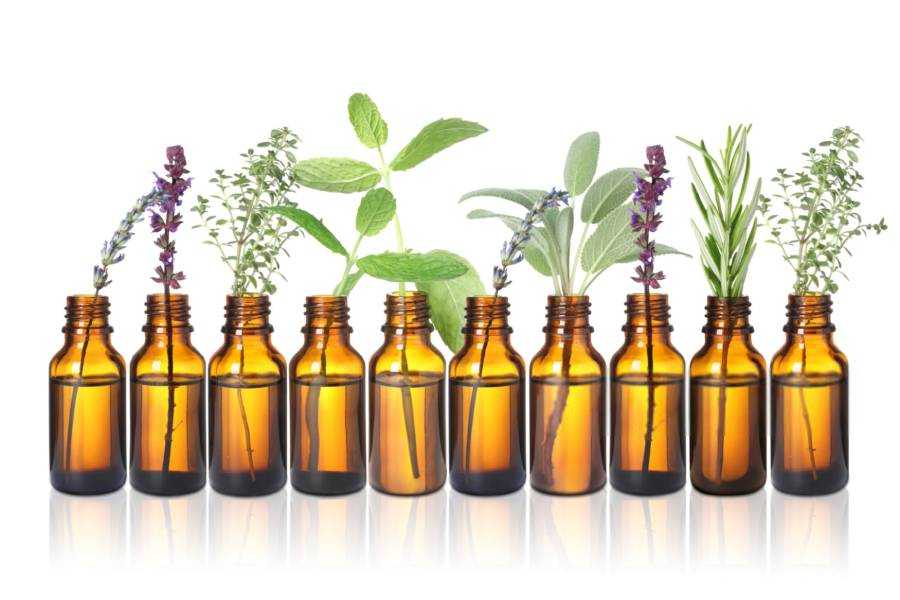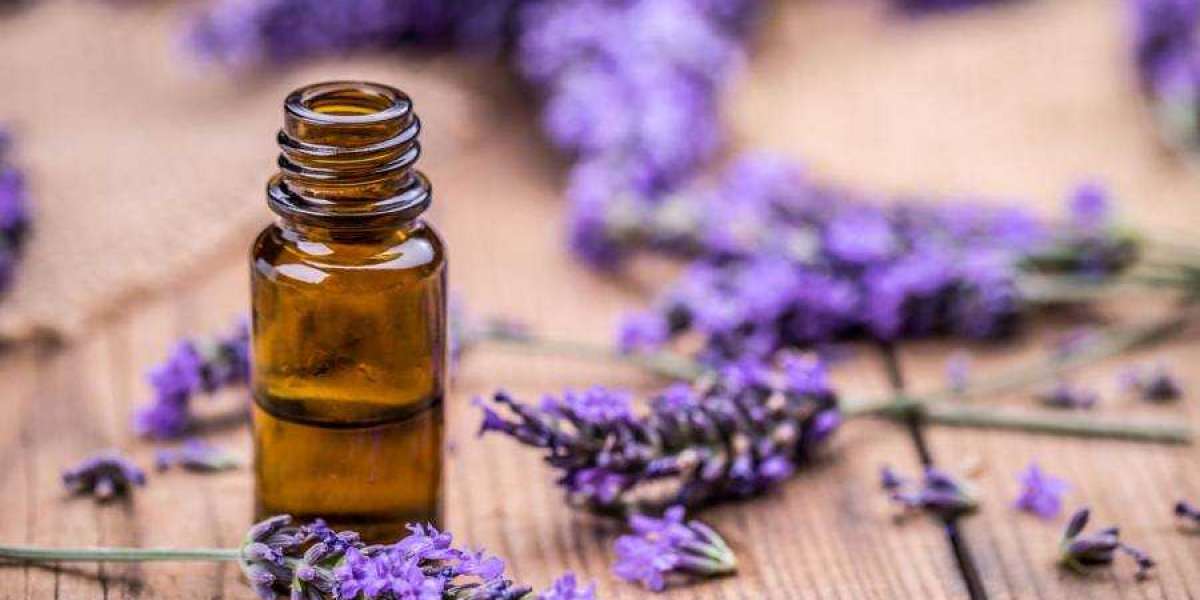Are anxiety and stress becoming constant elements of your life? It might be time to turn to aromatherapy! Let’s discuss the features and benefits of essential oils and such rituals.
How Essential Oils Affect the Body
- Pharmacological Impact — this is explained by the initiation of biochemical changes in the body under the influence of essential oils.
- Physiological Impact — relates to the individual properties of essential oils to affect the human body (for example, having a stimulating or calming effect).
- Psychological Impact — the emergence of associations connected with specific scents.

What are the Benefits of Aromatherapy?
Essential oils have a broad spectrum of effects — antibacterial, anti-inflammatory, antiseptic, analgesic, and antioxidant properties. Plant scents can speed up metabolism, improve skin condition, relieve stress, and reduce feelings of hunger.
Essential oils like bergamot, chamomile, lavender, lemon, orange, patchouli, and vanilla are effective for reducing stress. To alleviate fatigue, bergamot, basil, sage, frankincense, ginger, grapefruit, jasmine, lemon, patchouli, peppermint, rosemary, and sandalwood are helpful.
Aromatherapy is also used to treat some common diseases. For example, essential oils of peppermint, eucalyptus, clove, and juniper are used for acute respiratory diseases.
What are the Contraindications for Using Essential Oils?
People with severe asthma or other respiratory issues, allergies, and pregnant women should use aromatherapy cautiously and only with a doctor's consent.
Before using essential oils, it is necessary to carefully study their effects. For instance, people with arterial hypertension should avoid using essential oils like lavender and rosemary because they can raise blood pressure.
Some essential oils containing a high amount of phenols (like cinnamon) can cause local skin irritations, therefore their application and use near the eyes are contraindicated.
Properties of the Most Popular Essential Oils:
- Lavender. Inhaling lavender can help reduce physical and mental stress and improve sleep quality when used on the skin or in inhalations. Lavender oil can also promote hair growth and digestion.
- Tea Tree. Heals wounds, helps control dandruff (apply to the scalp to reduce dandruff), and repels insects when applied to the skin.
- Lemon. A drop of lemon oil in a glass of water stimulates digestion. Lemon oil diluted in water can be used to clean surfaces. Also, a mixture of lemon essential oil and coconut oil applied to the skin can help protect it from oxidation.
- Eucalyptus. Research shows that inhaling a herbal blend with eucalyptus greatly eases the symptoms of respiratory infections. Eucalyptus oil is also a natural deodorant.
- Chamomile. Using chamomile oil can provide a calming effect in case of anxiety. It is also an excellent remedy for insomnia.
Remember, before using any essential oil, it is necessary to familiarize yourself with the specifics of its use to achieve the desired effect and avoid adverse consequences.



